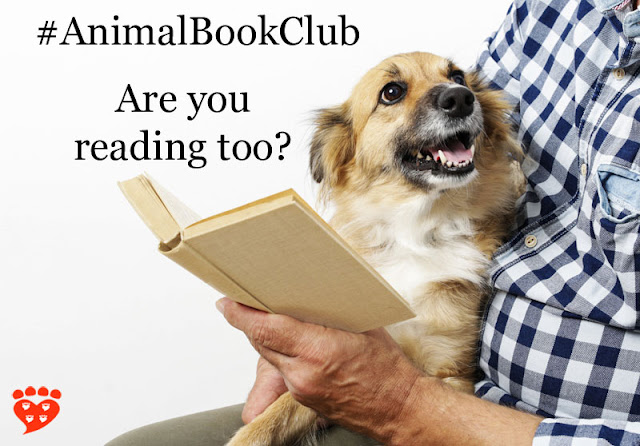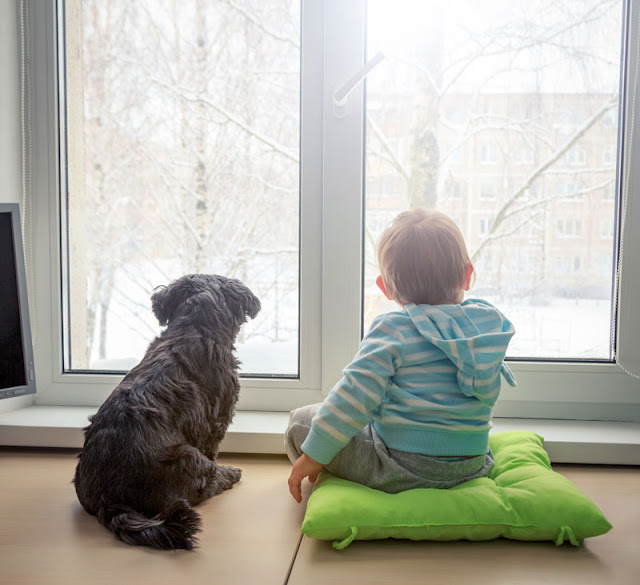Rivalry and Decision-Making in Dogs

The relationship between two household dogs affects their decisions, according to new research. By Zazie Todd, PhD This page contains affiliate links which means I may earn a commission on qualifying purchases at no cost to you. If you have more than one dog , you might have noticed that if one goes over to sniff a particular spot, sometimes the other dog will also go over there. It’s called local enhancement, in which one dog (we call them the ‘demonstrator’) draws the other dog’s attention to a specific location. It’s a type of social learning that is found in many species. Dr. Christy Hoffman and Dr. Malini Suchak ( Canisius College ) investigated whether local enhancement is affected by rivalry between dogs that live in the same household. The dogs were classed as either low- or high-rivalry based on their owners responses to questions on the C-BARQ. The dog rivalry questions assessed how likely the dog is to be aggressive towards the other dog in the household, or to ...





